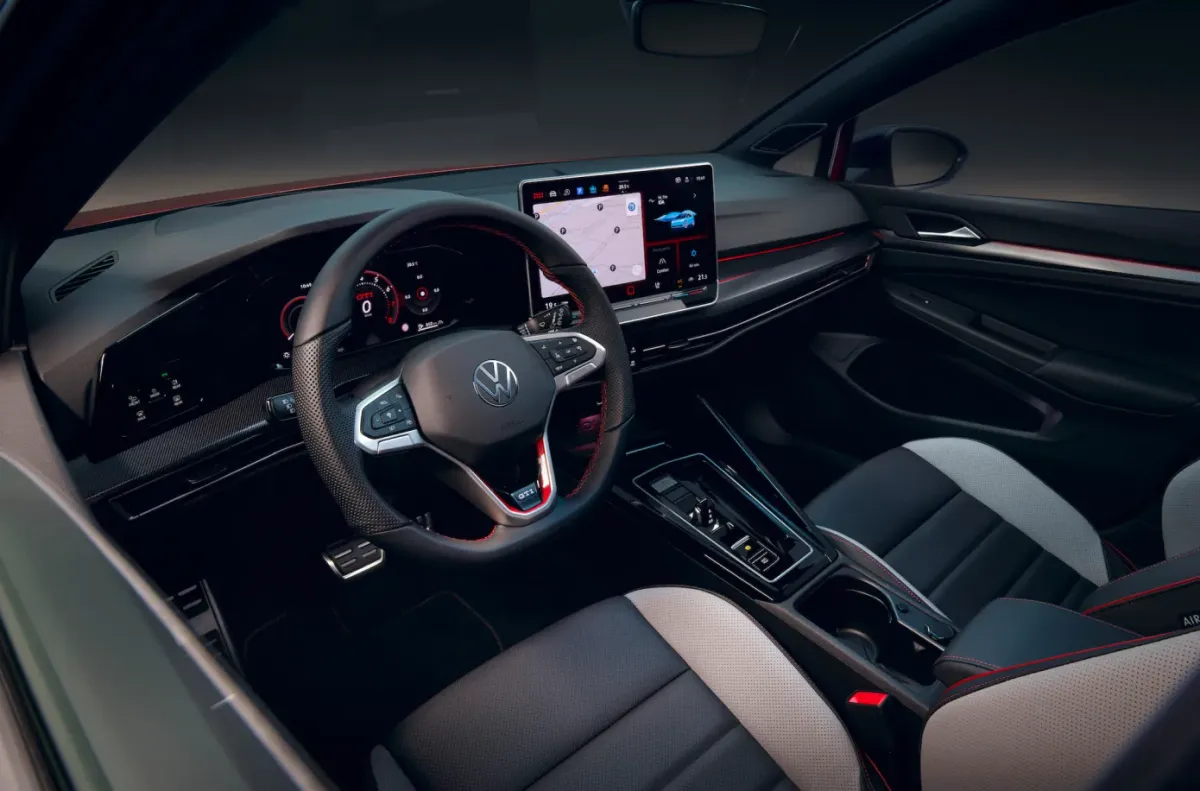Volkswagen Integrates ChatGPT AI Chatbot into Vehicles, Starting in Europe
Upon activation of the IDA voice assistant through voice commands or steering wheel buttons, drivers will engage with the system as usual.

At CES 2024, Volkswagen unveiled its plan to integrate ChatGPT, an AI-powered chatbot developed by OpenAI, into its upcoming vehicle models. This innovative addition will be integrated into Volkswagen models equipped with the IDA voice assistant, beginning in the second quarter of this year and initially available in Europe.
The AI-based chatbot, developed on Cerence's Chat Pro product, will debut across Volkswagen's electric vehicle range, including models such as the ID.7, ID.4, ID.5, ID.3, as well as the latest Tiguan, Passat, and Golf vehicles. While the European market will witness the initial rollout, Volkswagen is contemplating extending this feature to its US models in the future.
The incorporation of ChatGPT, developed by OpenAI, marks Volkswagen's entry into leveraging text-generating AI chatbots within their vehicles. Although Volkswagen isn't the first automaker to venture into this territory, with Mercedes-Benz having integrated a conversational AI bot into its MBUX infotainment system previously, it stands as the largest carmaker to adopt ChatGPT for its vehicles.
The primary objective behind this integration is to provide drivers with AI assistance that goes beyond the standard functionalities offered by the IDA voice assistant. Volkswagen envisions ChatGPT enhancing conversations, addressing queries, interacting using natural language, delivering vehicle-specific information, and more - all in a hands-free manner.
While comprehensive details about the feature set are yet to be disclosed, Volkswagen's CES preview suggests expanded potential for AI-driven capabilities. This encompasses entertainment controls, navigation assistance, natural conversational abilities, intuitive commands for vehicle systems, and informative responses regarding vehicle capabilities - all accessible through conversation.
Stefan Ortmanns, CEO of Cerence, hints at the potential for further advancements in designing AI user experiences for future Volkswagen in-car assistants. The integration is slated to become a standard feature in multiple Volkswagen models starting in the second quarter of 2024, marking a significant step in the widespread adoption of large language models within the automotive industry.




